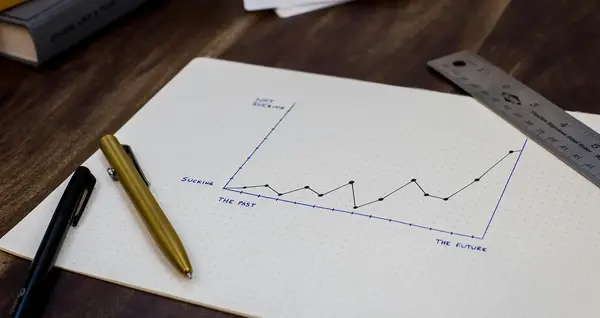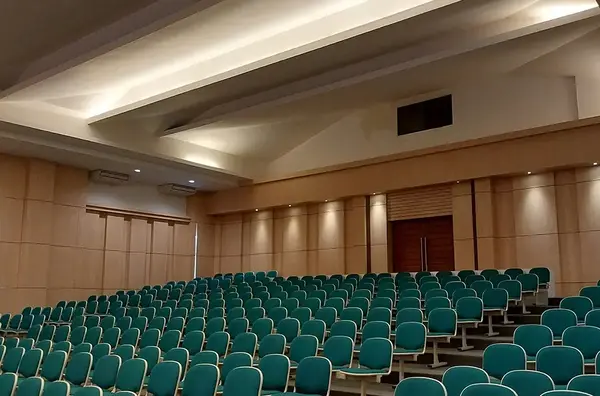Measuring the impact of a seminar on employee performance

Organizing a corporate seminar is an investment of time, money, and energy. But once the suitcases are unpacked and the rooms emptied, a crucial question arises: was the event truly successful? Beyond the smiles, shared anecdotes, and friendly atmosphere, how can you translate a seminar's success into measurable data on employee performance? Here are the keys to objectively assessing its impact.

The different performance measurement areas for a corporate Seminar
Set clear objectives beforehand
The first step in measuring the effectiveness of a seminar is to define specific objectives before it even takes place. These objectives can be multiple:
- Strengthen team cohesion
- Accelerate the integration of new employees
- Improve internal communication
- Define a shared strategic vision
- Stimulate creativity or motivation
Each of these objectives must be associated with performance indicators to track progress.
Use both immediate and immediate evaluation tools
A good way to assess the impact of a seminar in the short term is to use a "reactive" satisfaction questionnaire. This can focus on:
- The quality of the presentations or workshops
- The perceived usefulness of the content covered
- Team atmosphere and cohesion
- Logistical organization
But it is equally crucial to measure "after the event," i.e., several weeks after the seminar, the lasting changes observable in behavior:
- Better collaboration between departments
- Increased engagement or productivity
- Reduced turnover or internal conflicts



Monitor internal KPIs
For even more precise monitoring, it is useful to adopt a data-driven approach by observing HR and managerial KPIs. Relevant indicators include:
- Absenteeism rate
- Number of ideas submitted in suggestion boxes
- Response rate to internal surveys
- Results of annual performance reviews
- Number of interdepartmental projects launched
This data allows us to objectively assess changes in the internal climate, motivation, or performance.
Collect qualitative feedback from managers
Department managers play a key role in analyzing the post-seminar experience. Their feedback allows us to assess the concrete translation of the seminar's contributions into everyday professional life. They can, for example, observe:
- Improved team dynamics
- Increased initiative or accountability
- Faster communication between employees
- Targeted interviews or group meetings can serve to consolidate this qualitative vision.
Promote post-seminar actions
To ensure the seminar's effects don't fade, it's a good idea to schedule "reminders":
- An internal follow-up newsletter
- Mini-workshops or training sessions related to the seminar
- A booklet or summary document distributed to participants
- Challenges or collaborative projects to launch immediately
- This not only prolongs the impact, but also provides concrete benchmarks for measuring the results.
A brief overview of measuring the impact of a seminar on employees
A corporate seminar can only be considered a success if it is part of a comprehensive strategy for performance and well-being at work. By combining quantitative and qualitative tools and ongoing monitoring, it is possible to assess its concrete effects on team engagement, cohesion, and effectiveness. Measuring means enhancing the value of the event and better preparing for future events.











